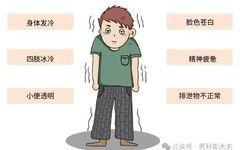
Bu Yang (补阳), Tong Yang (通阳), and Wen Yang (温阳) are three common methods for regulating Yang Qi.
Bu Yang is like adding firewood, Tong Yang is about clearing the stove, and Wen Yang is drying wet firewood. Let’s see which method is more suitable for you.
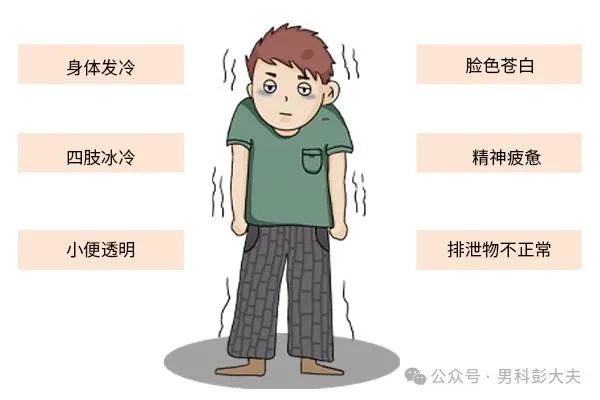 1. Those who need Bu Yang are like a pot that has no firewood, unable to burn, thus experiencing symptoms of cold intolerance.
1. Those who need Bu Yang are like a pot that has no firewood, unable to burn, thus experiencing symptoms of cold intolerance.
Such individuals feel cold from head to toe, have poor immunity, lack energy, feel lethargic, experience frequent urination, loose stools, eat little, and are prone to indigestion. They are more susceptible to colds when the weather changes, with a pale tongue, white coating, and weak pulse.
This condition is generally due to a congenital deficiency of Yang Qi or a depletion of Yang Qi from prolonged illness.
Therefore, the direction for these individuals is to tonify Yang, but it should not be done aggressively, as their internal fire is already weak and cannot withstand strong medications.
Common methods include using herbs that strengthen the spleen and stomach alongside those that tonify Yang.
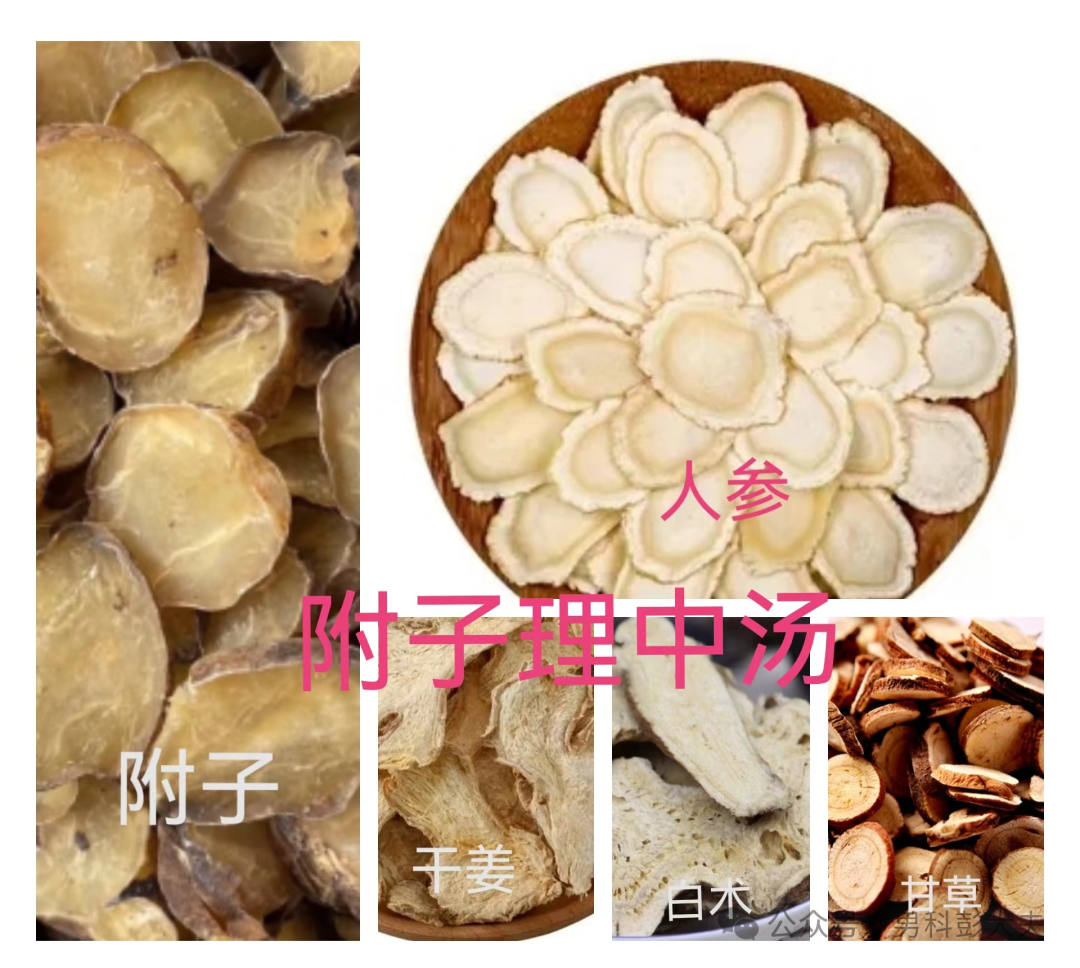 For example, Fu Zi Li Zhong Wan (附子理中丸) is used to tonify spleen Qi while adding Fu Zi (Aconite) to tonify Yang, and Gui Fu Di Huang Wan (桂附地黄丸) also seeks Yang within Yin.
For example, Fu Zi Li Zhong Wan (附子理中丸) is used to tonify spleen Qi while adding Fu Zi (Aconite) to tonify Yang, and Gui Fu Di Huang Wan (桂附地黄丸) also seeks Yang within Yin.
2. Those who need Tong Yang are like firewood filling the stove, blocking Yang Qi, preventing the fire from burning.
These individuals still feel cold, but this cold is distinctly different from Yang deficiency cold—they only experience cold in their extremities, while the upper body or areas above the knees may feel stuffy or bloated.
They often exhibit symptoms of irritability, chest tightness, and a tendency to get angry, with a swollen tongue and often a thick, greasy coating.
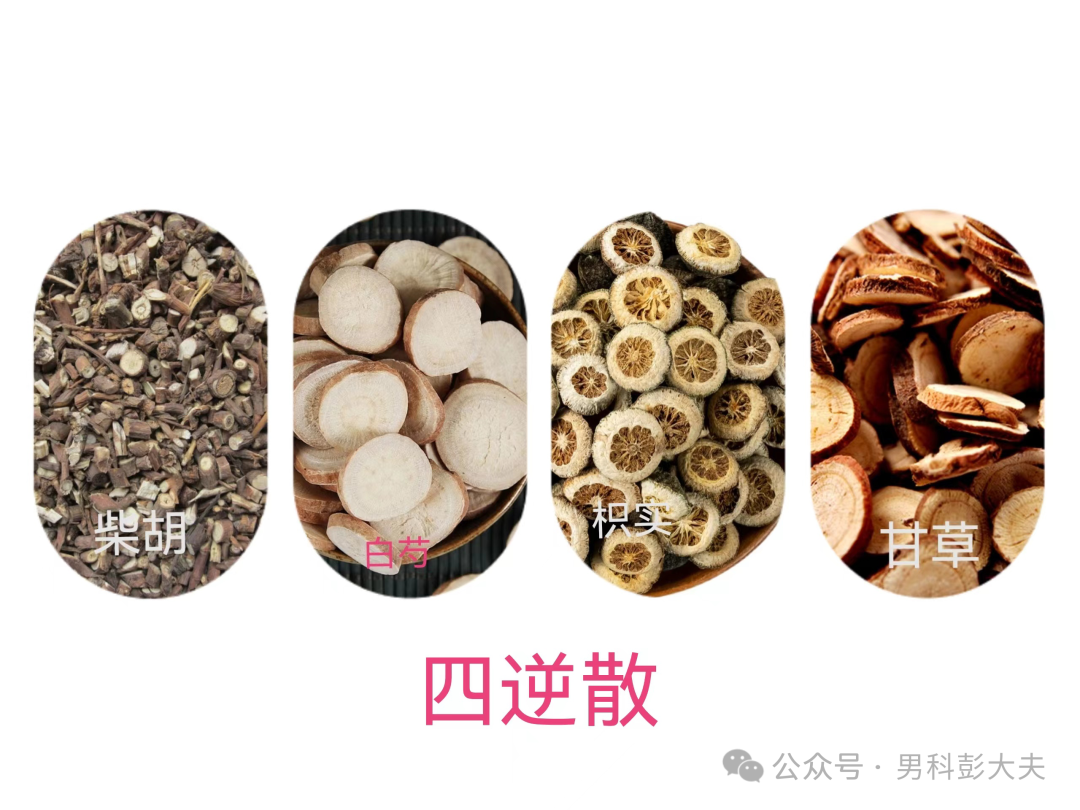 These patients need to clear the stove and promote Yang, which can be achieved using Si Ni San (四逆散) to soothe the liver and regulate Qi, or Er Chen Tang (二陈汤) to clear phlegm and dampness, allowing Yang Qi to flow smoothly.
These patients need to clear the stove and promote Yang, which can be achieved using Si Ni San (四逆散) to soothe the liver and regulate Qi, or Er Chen Tang (二陈汤) to clear phlegm and dampness, allowing Yang Qi to flow smoothly.
3. Those who need Wen Yang are like firewood that is wet, indicating the presence of cold dampness in the body.
Such individuals feel cold all over, including their hands and feet.
Cold tends to constrict, and dampness is sticky, which can obstruct the flow of Qi and blood, leading to symptoms such as joint stiffness and pain, heaviness in the limbs, and a thick white tongue coating.
Cold tends to descend, which can lead to symptoms like damp cold in the groin area and contraction of the male reproductive organs.
For this group, the focus should be on dispersing cold and transforming dampness, using Tian Tai Wu Yao San (天台乌药散) or Wu Zhu Yu Tang (吴茱萸汤) for modification and improvement.
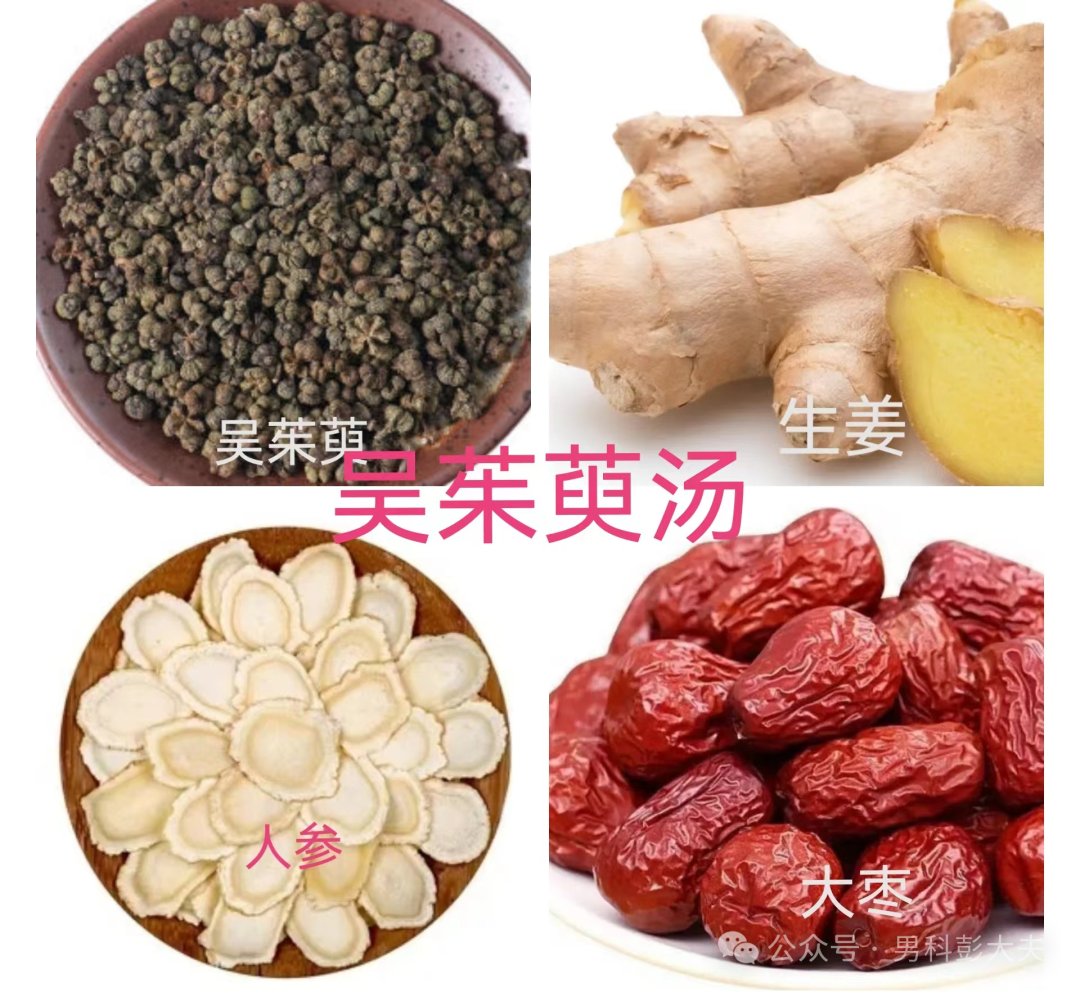 If you have any questions, please consult, understand, and communicate.
If you have any questions, please consult, understand, and communicate.
Feel free to follow, share, like, and save to benefit more people.
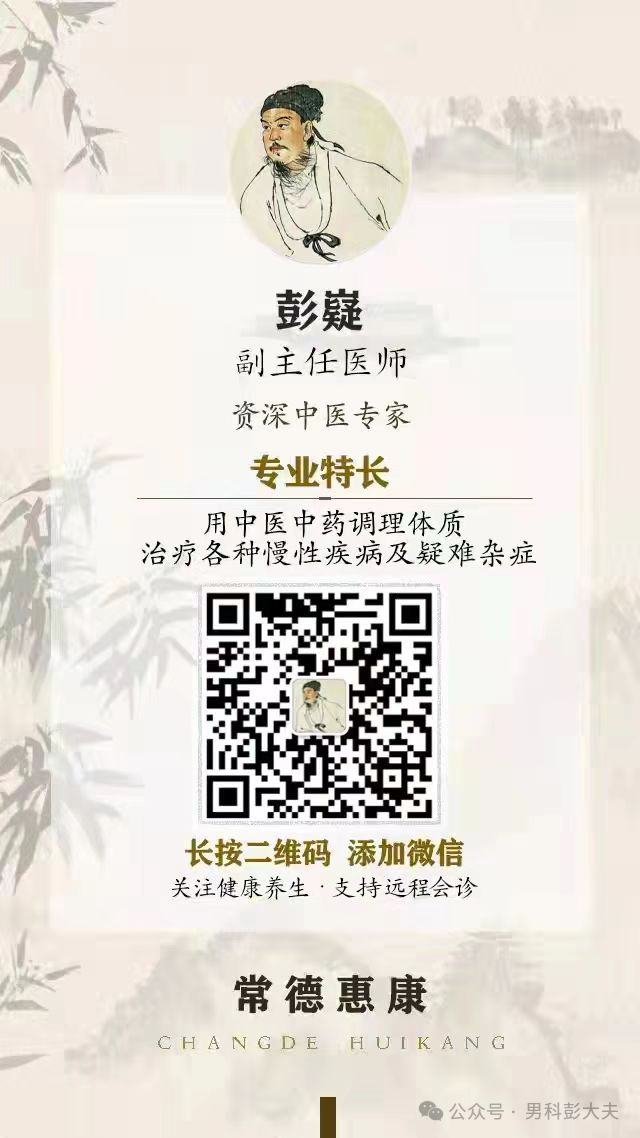
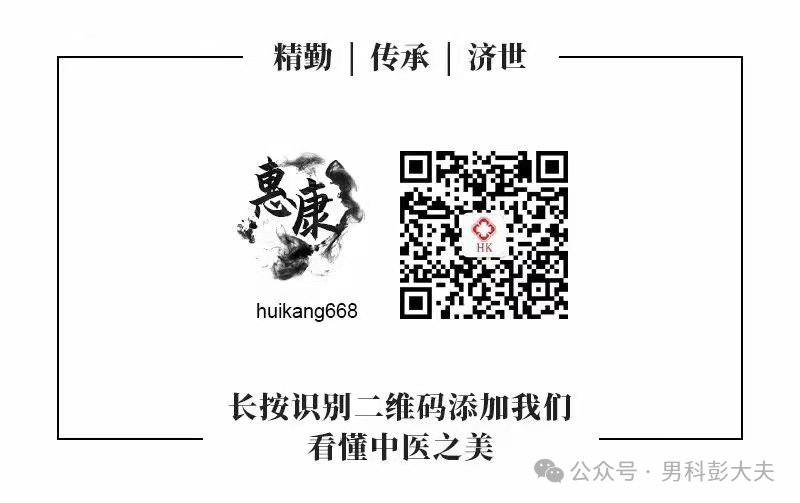
Previous Highlights
1. The small hormones in Chinese medicine quickly boost energy and spirit.
2. The true king of resolving masses—Xia Ku Cao San Jie Tang (夏枯草散结汤).
3. A thick, greasy tongue coating is not scary; one formula can solve it.
4. Clever use of You Gui Wan (右归丸) can resolve many issues caused by kidney Yang deficiency.
5. Initial illness in the spleen, prolonged illness in the kidneys; why must both be adjusted in chronic illness?
6. Zhen Wu Tang (真武汤), Zhu Ling Tang (猪苓汤), and Wu Ling San (五苓散) can all treat water dampness; what are the differences among the three?

